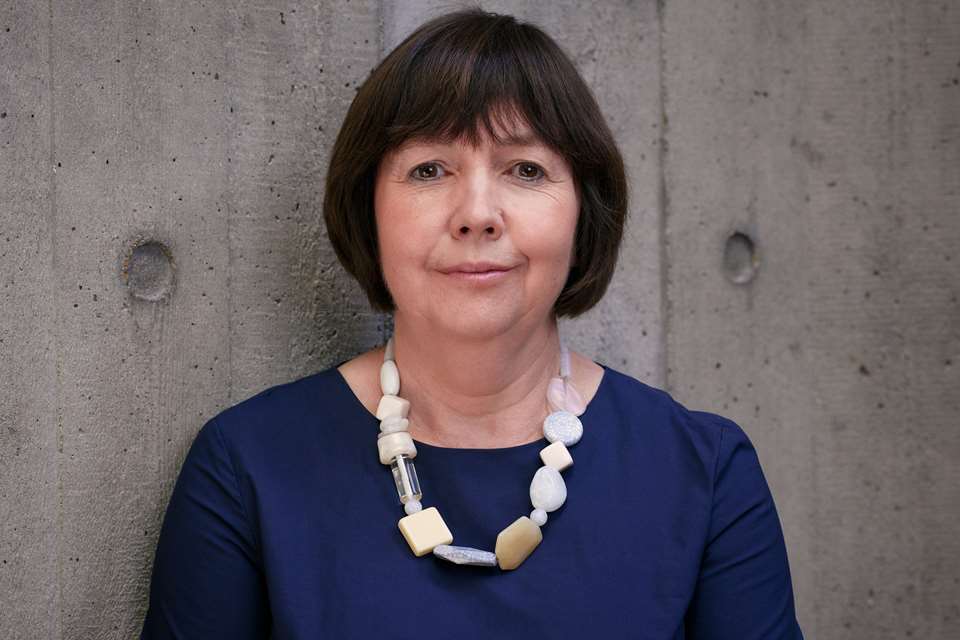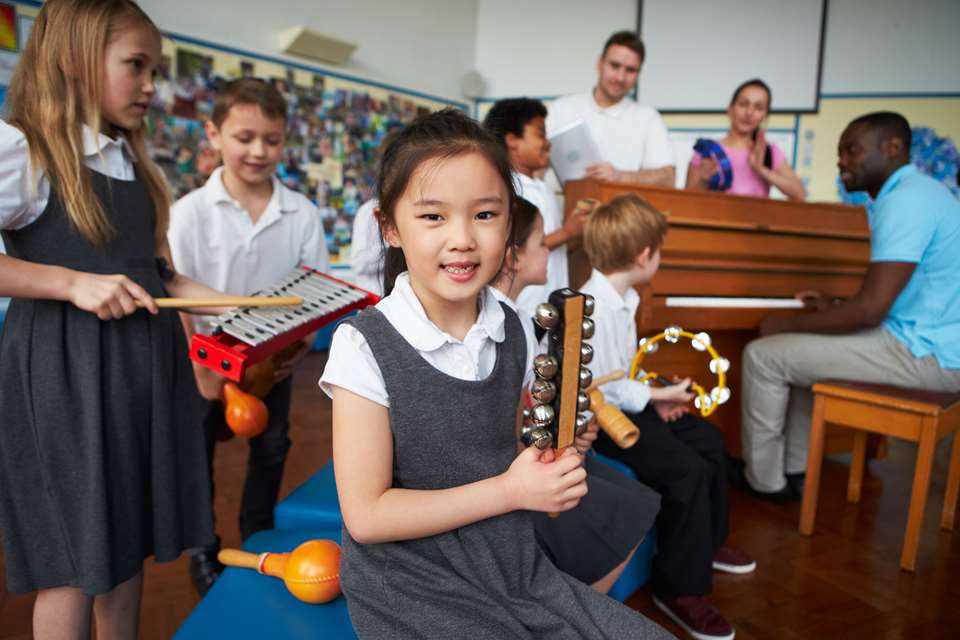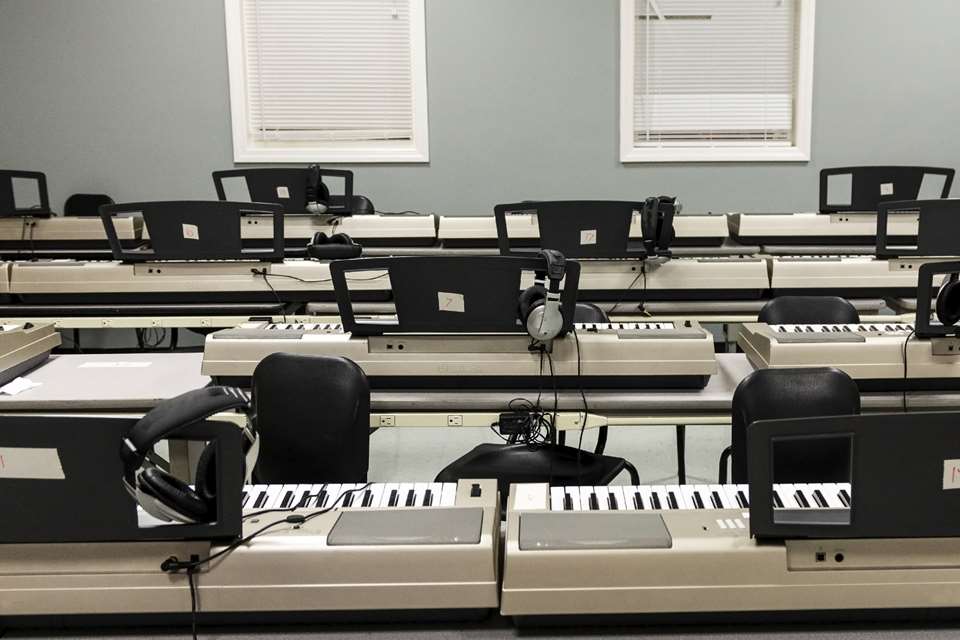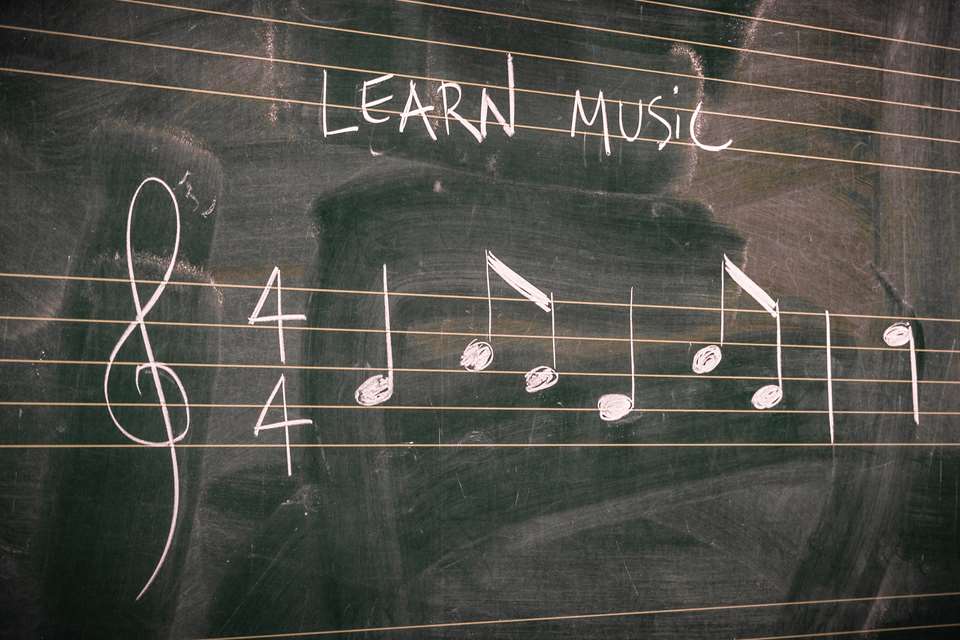Commentary: Preserving curriculum music in school, Part 1
Robert Bunting
Saturday, January 1, 2022
Following recent calls for action to prevent the erosion of curriculum music in schools, Robert Bunting takes a no-nonsense approach in part one of his two-part article – hold on to your hats…

Classroom music for all young people is included in the National Curriculum. Music is thus defined as a structured subject, a broad and balanced body of learning with a clear model of progression year on year. More than that, music's structures and aims reflect the values of the curriculum as a whole. Most of us respect this view of music as part of the curriculum, but it's not easy to realise in the classroom, and if we're honest, its aims are rarely achieved in practice. Turning music into a ‘subject’ rather than an activity seems surprisingly difficult.
This article falls into two parts, the first exploring why that should be so and, the second, how we could overcome the difficulties so as to enrich and strengthen music's position within the curriculum.
Three important reports
Ofsted's research review for music is a difficult read, but it's well worth the struggle. Among many good things is a definition of the ‘three pillars of music’: technical, constructive, expressive. All three are essential to any truly musical activity: whether we're singing as part of a group, listening to a performance, or studying an instrumental piece, we should always have them all in mind.
Another recent document, equally as important (and much easier to read) is Kevin Rogers' ‘Musical Understanding’, commissioned by the Incorporated Society of Musicians (ISM). It makes an eloquent case for understanding the music we're working on rather than just doing it. We should read the term ‘understanding’ in the light of Ofsted's three pillars – pupils need to be thinking about the expressive character and cultural context of the music they are working on, and its musical elements, as well as its technical features. Understanding is overarching – listening, performing, and composing aren't ends in themselves, they're just different paths towards understanding music as a whole.
The ISM report is also excellent in insisting that classroom music is not merely a preparation for taking up an instrument or joining a choir. It belongs to the wider curriculum and has its own purposes and values. To declare the aim of giving all young people ‘a lifelong passion for music-making’ as the Model Music Curriculum (MMC) does (see below) is wildly misguided. However hard we work, we will never get most children to grow up as active music-makers. The majority need and deserve to explore music in a quite different way. One effect of this misconception is to deny music its role in the wider curriculum.
A third recent document is the MMC. It's a brave attempt at an almost impossible task, and there are good things in it, as we shall see, but by comparison with the other two, it falls short. It's strong on doing music as an activity, but is much less clear about what's involved in understanding music as a subject. It seems to erect one mighty, elaborate pillar – technical – but leaves the other two little more than rudimentary stumps. The MMC gives us a foundation to build on, but unless we can get beyond its one-dimensional view, we'll fall into the traps identified by the ISM report.
Three stern warnings
All three documents issue the same warning: the place of music in the curriculum is severely under threat. Does this resonate with you? Today's schools are under insane amounts of pressure, so there are many contributing factors. However, we have to recognise that one factor is the disappointing nature of some classroom teaching and learning in music. This is in no way a criticism of teachers; the problem is the limited curriculum and teaching models they've been tied to. A one-dimensional curriculum inevitably leads to one-dimensional teaching; neither will ever achieve real learning.
To teach for understanding is quite different from the mere transmission of skills and knowledge. It implies a classroom full of dialogue – questions, experiments, discussion and reflection. And it implies a long-term perspective, focusing on the individual rather than the group. A tall order perhaps, but as the ISM report makes clear, as soon as the focus becomes understanding music rather than just doing it, the quality of pupil work and engagement are transformed.
Who needs a curriculum anyway?
Or maybe this is all too difficult. Maybe we should just forget about being part of the National Curriculum, with all its problems. There is actually one very simple way forward: we could abandon the idea of ‘music’ as a subject within the wider curriculum, and simply enjoy making music as just a patchwork of unrelated enrichment activities. Let some students play the trumpet for a term, others take part in a big end-of-term show; one class could work with a visiting opera group, another with a composer, and so on. So much easier to do well, more fun for everybody, impressive to parents and school managers and, over a child's school career, provides quite a valuable range of individual experiences, good memories, and opportunities for personal development.
No need to timetable one hour a week for all pupils all year – a carousel is fine, or we can just do occasional intensive three-week projects. No need for all children to learn the same things. No need for assessment – with so much exciting doing, why worry about understanding? Why struggle to find time for each individual child? And look, the problems of primary music melt away – forget about balance, continuity and progression, just activate the particular musical resources on which your school can draw.
Do we strive to teach music systematically as a curriculum subject, or is our overriding aim to provide music as an exciting and enriching experience? Can we do both to a high standard? Which is the priority? I suspect a lot of teachers and head teachers value school music mostly in terms of exciting experiences, seeing the curriculum as a worthy but dull and rather pointless backdrop.
And maybe they're right? I would truly hate to think so. Music as a subject can be richly rewarding, and it has a huge amount to offer the wider curriculum. In my view, to abandon it would be a massive surrender, a betrayal.
So, what can we do to protect music's precious, endangered place as a curriculum subject? We urgently need to develop a more imaginative curriculum, focused on all of our pupils, with an ambitious, three-dimensional approach to teaching and learning. The second part of this article (see MT February) sets out on the path towards that goal. By highlighting some key teaching and learning issues, it points towards a quite different curriculum, a different way of teaching and planning, which I hope you will find inspiring and transformative.







